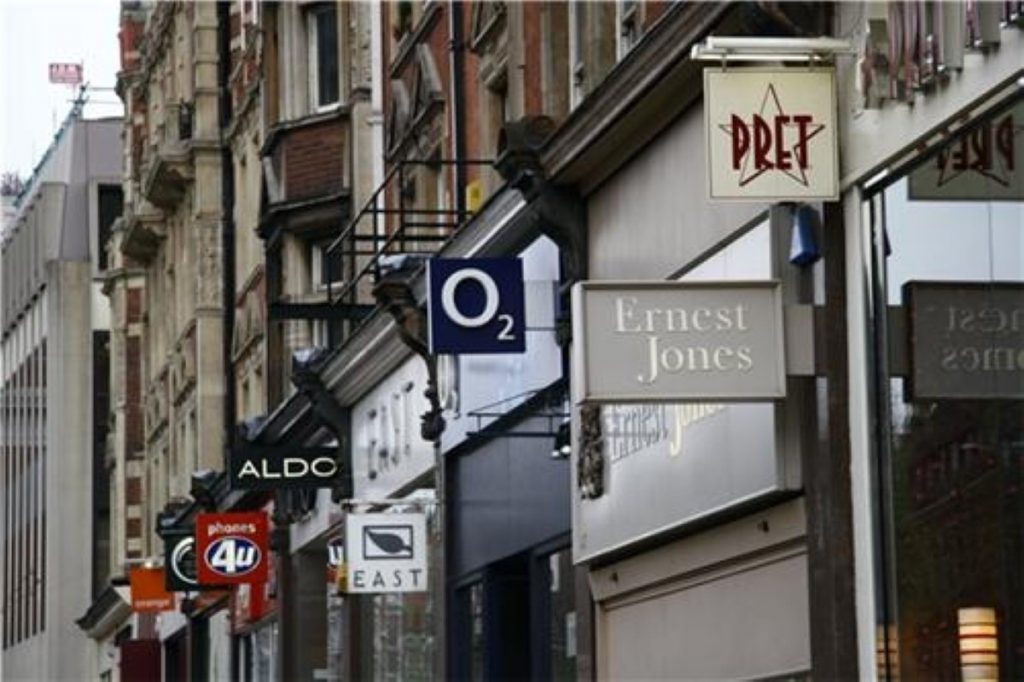Spending Review: Retailers warn govt over business rates
by Peter Wozniak
Retailers have urged the government to rethink the way it charges business rates, if companies are to cope with the impact of the spending review.
The British Retail Consortium (BRC) argued that retailers will suffer a “double hit” in increasing business rates, warning that the private sector cannot tackle the unemployment from public sector cuts if current policies are followed.
Stephen Robertson, director general of the BRC, said: “We’re only weeks away from hearing the details of public sector cuts. Our own figures show 22,000 more people are employed in retail than 12 months ago.


“The private sector has driven the economic recovery so far, we need that trend to continue.
“This double business rates blow will undermine retailers’ ability to create and maintain jobs and to contribute to the success of town centre regeneration projects across the country.”
Presently, business rates are determined by the Retail Price Index (RPI), which is calculated in September based on a one-off measure of inflation, to determine bills for April next year.
The RPI is expected to rise to over 4% this year, which, combined with the completion of a 5-yearly calculation of rateable values, the BRC is expecting to damage businesses’ profitability and their ability to employ, because the rates are too heavily influenced by spikes in inflation.
The BRC is writing to the communities secretary Eric Pickles today to ask that the government consider an alternative way of determining business rates, either by taking an average RPI for twelve months or replacing the use of the RPI entirely with the Consumer Price Index (CPI).
Mr Robertson concluded: “For the longer-term, retailers need more predictability and a permanent move to a more stable way of calculating business rates.”
The BRC’s warning will make uncomfortable reading for ministers, as the coalition has staked its economic policy of cutting spending on the projection that the private sector will be able to soak up a great deal of the job losses from public services, which will result from the spending review revealed on October 20th.









